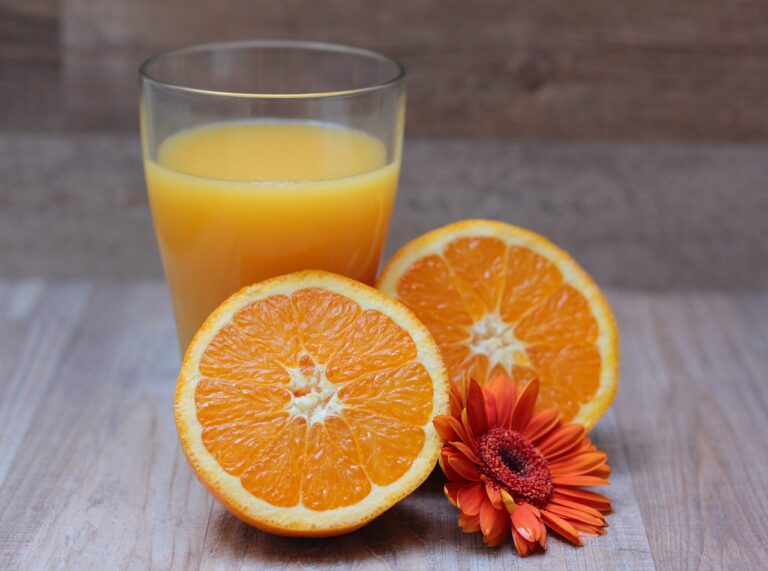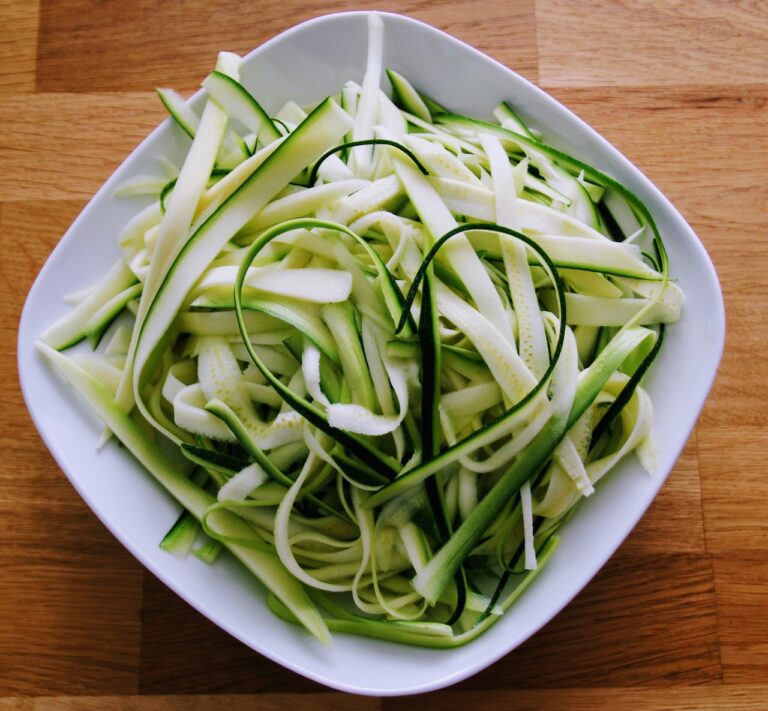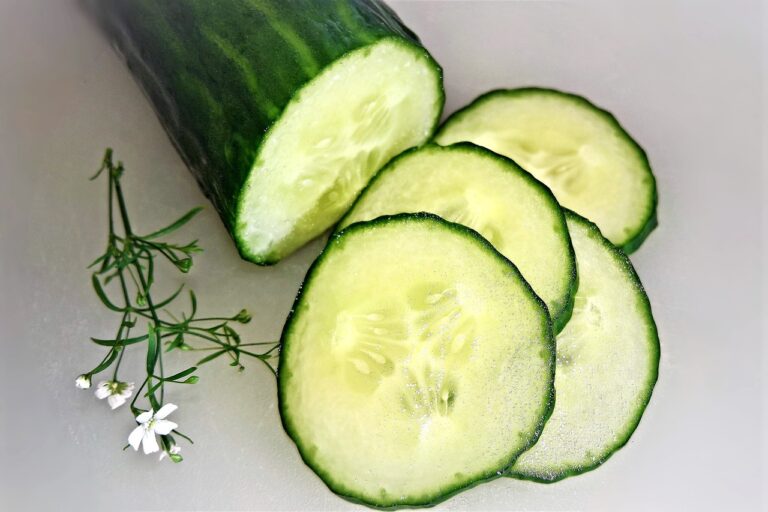Craving Vitamin C? Here Are 10 Cool Reasons Why

Vitamin C, also known as ascorbic acid, is a water-soluble vitamin essential for various physiological processes in the human body. It plays a critical role in collagen synthesis, absorption of iron, and immune function, among other things. Interestingly, some individuals report craving foods high in vitamin C. This article explores the phenomenon of craving vitamin C and presents ten potential reasons for such a desire.
Why Am I Craving Vitamin C?
1. Boosting Immune Function
A strong immune system is the body’s first line of defense against pathogens. Vitamin C is known to enhance various immune functions, helping the body fend off infections and diseases. Craving foods rich in this vitamin could be the body’s way of ensuring optimal immune function, especially during times of heightened risk, like the flu season.
Moreover, vitamin C has antioxidant properties that protect cells from damage by harmful molecules called free radicals. So, consistently consuming enough vitamin C helps maintain overall good health, which could lead to occasional cravings when the body feels the need for an immune boost.
2. Healing and Repair
Collagen synthesis requires vitamin C. Collagen is the primary protein in our skin, tendons, ligaments, and blood vessels. When there’s a need for rapid tissue repair, such as after an injury or surgery, the body might crave more vitamin C to ensure efficient collagen production.
Furthermore, vitamin C accelerates the healing of wounds. Consuming foods rich in this vitamin can speed up the formation of scar tissue, which is vital for wound healing. Hence, post-injury or surgery, one might experience increased cravings for such foods.
3. Iron Absorption
Iron is crucial for hemoglobin formation, which transports oxygen in our blood. Vitamin C enhances non-heme iron absorption, a type of iron found in plant-based foods. Those who have iron-deficiency anemia or are on a vegetarian diet might find themselves craving vitamin C-rich foods to assist with iron absorption.
Additionally, since iron is vital for energy production, an inadequate intake can lead to fatigue. Craving vitamin C can be the body’s way of signaling the need for better iron assimilation to combat tiredness.
4. Counteracting Stress
During stressful periods, the body’s requirement for vitamin C increases. This is because vitamin C helps to regulate the stress hormone cortisol. A craving for vitamin C-rich foods can be a physiological response to chronic or acute stress.
Also, there’s evidence suggesting that vitamin C can reduce the psychological effects of stress. Consuming more of this vitamin can promote a sense of well-being and relaxation during challenging times.
5. Antioxidant Properties
As an antioxidant, vitamin C neutralizes free radicals in the body. These unstable molecules can damage cells, potentially leading to chronic diseases. A higher intake of vitamin C-rich foods might be a natural defense mechanism against oxidative stress.
Furthermore, by protecting cells from oxidative damage, vitamin C may play a role in anti-aging. As people grow older, they might crave foods with higher antioxidant content, including those rich in vitamin C, to combat signs of aging.
6. Skin Health
Vitamin C is vital for radiant skin. Its involvement in collagen production helps maintain skin elasticity and reduce the appearance of wrinkles. Craving vitamin C can sometimes be linked to the body’s desire for a skin boost.
Moreover, vitamin C’s antioxidant properties protect the skin from damage by UV rays and pollution. Regularly consuming foods high in this vitamin can promote youthful skin and may decrease the risk of skin-related issues.
7. Mood Regulation
There’s some evidence to suggest that vitamin C plays a role in mood regulation. It aids in the production of neurotransmitters like norepinephrine, which affects mood. A deficiency can lead to feelings of depression or mood swings.
Additionally, some studies have shown that vitamin C can help reduce feelings of anxiety. Hence, craving this nutrient could be related to its potential mood-stabilizing properties.
8. Prevention of Scurvy
Scurvy is a rare but severe disease resulting from prolonged vitamin C deficiency. Symptoms include weakness, anemia, and gum disease. While it’s uncommon in modern times, the body’s innate wisdom might still push for vitamin C consumption to prevent such conditions.
Besides the severe symptoms, minor signs like fatigue, joint pain, or bleeding gums could also manifest in the early stages. The body might crave vitamin C-rich foods as an early defense against the onset of such symptoms.
9. Energy Production
Vitamin C plays a role in breaking down fat molecules to produce energy. When feeling lethargic, the body might naturally crave sources of vitamin C to boost energy levels and combat fatigue.
Furthermore, since vitamin C aids in iron absorption – a mineral essential for energy production – there might be a dual craving mechanism at play, linking both nutrients to enhanced vitality.
10. Dietary Habits
Sometimes, cravings can be a result of habitual dietary patterns. If someone is used to consuming citrus fruits or other vitamin C-rich foods regularly, they might experience cravings due to the body’s conditioned response.
It’s also worth noting that the flavors of many vitamin C-rich foods are unique and refreshing. The tanginess of an orange or the zestiness of a kiwi might be something one craves purely for the sensory experience.
Conclusion
Cravings are complex and can arise from various physiological and psychological triggers. When it comes to vitamin C, the body might signal its need through cravings based on its various roles in immune function, healing, mood regulation, and more. Paying attention to these cravings and ensuring an adequate intake of this essential vitamin can help maintain overall health and well-being.




